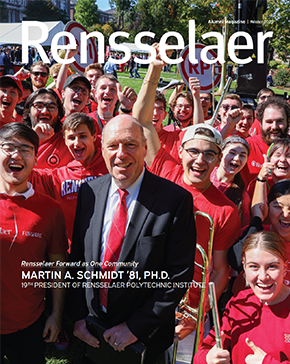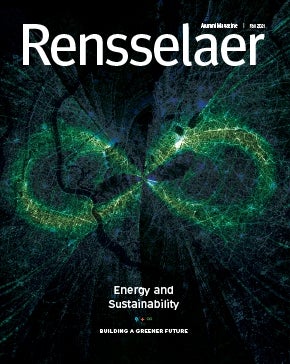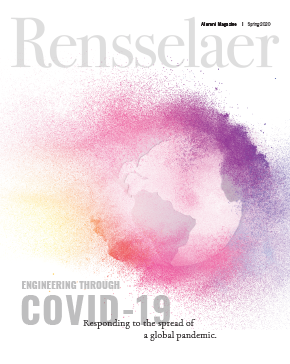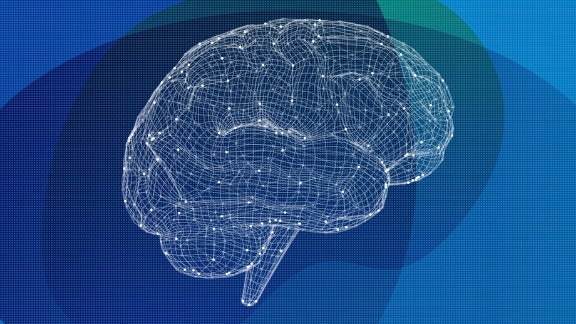
Dual Screening for Heart Disease and Cancer
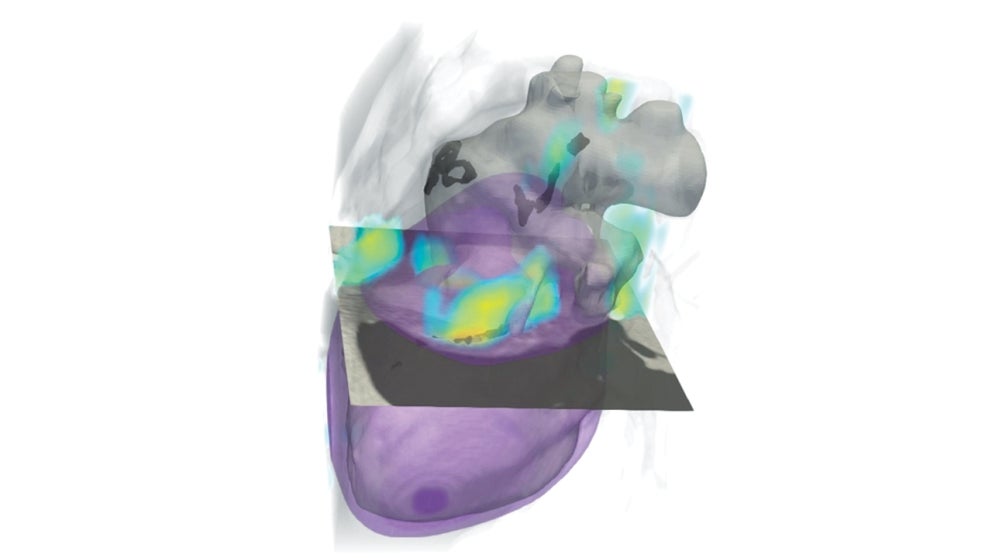
Heart disease and cancer are the two leading causes of death in the United States, and sometimes a diagnosis of cancer can bring with it an increased risk for heart attack or stroke. What if there was a reliable method by which a patient’s risk of developing cardiovascular disease could be determined early on?
A team of researchers led by Pingkun Yan, assistant professor of biomedical engineering and member of the Center for Biotechnology and Interdisciplinary Studies (CBIS), together with a team of clinicians from Massachusetts General Hospital, has tested an algorithm that proved to be highly effective in analyzing the risk of cardiovascular disease in high-risk patients using low-dose computerized tomography (CT) scans.
Yan’s team thought that if the same low-dose CT scan used to screen for lung cancer could also detect the risk of cardiovascular disease, it could provide a more efficient and more cost-effective method of diagnosis. They used a large dataset from the National Lung Screen Trial to develop, train, and validate a deep learning algorithm that could provide a clear CT scan to analyze a patient’s risk of heart disease.
Yan says they were able to “demonstrate very good performance of a deep learning algorithm in identifying patients with cardiovascular diseases and predicting their mortality risks, which shows promise in converting a lung cancer screening low-dose CT into a dual screening tool.”
“This innovative research is a prime example of the ways in which bioimaging and artificial intelligence can be combined to improve and deliver patient care with greater precision and safety,” says Deepak Vashishth, director of CBIS.
Yan was joined in this work by Ge Wang, an endowed chair professor of biomedical engineering and fellow member of CBIS.
